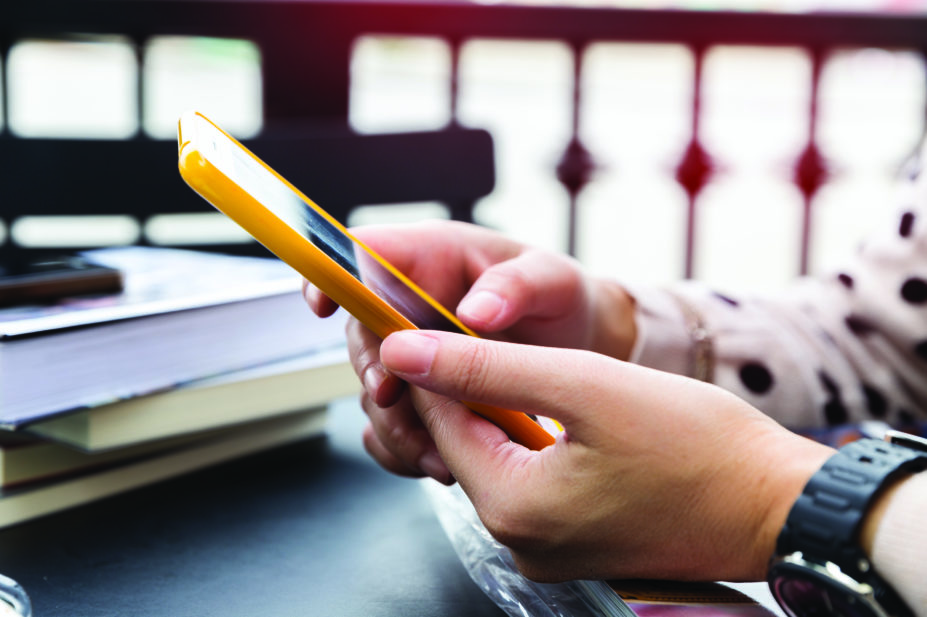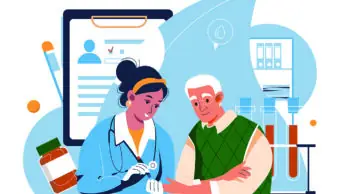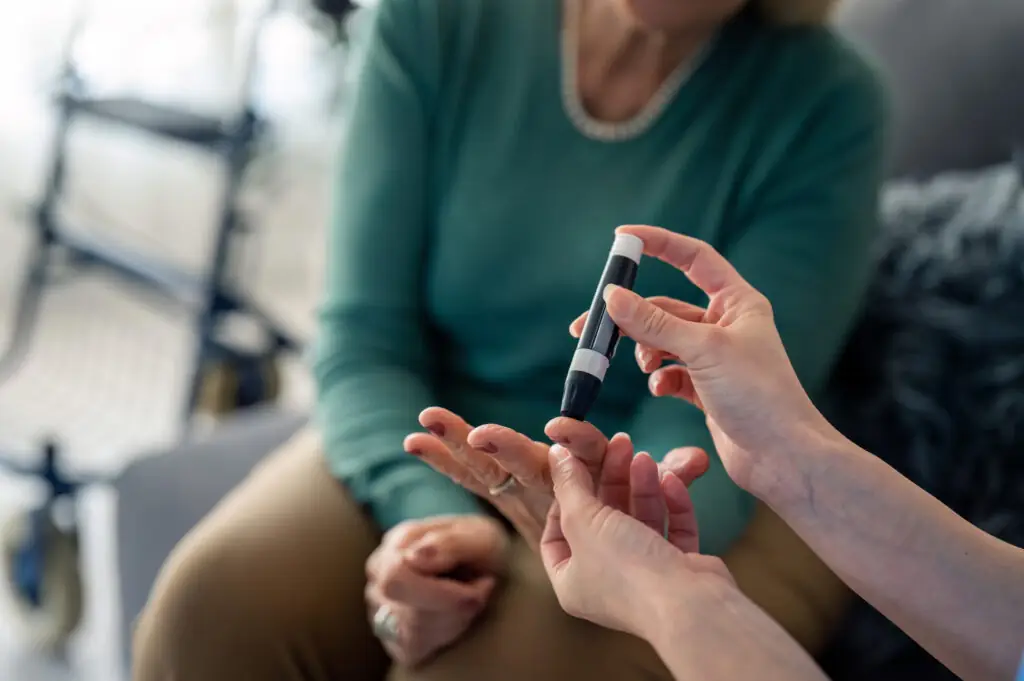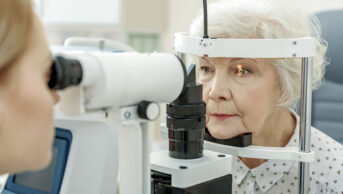
shutterstock.com
Receiving regular text messages is an effective way of helping patients with poorly controlled type 2 diabetes, a study[1]
has shown.
The Dulce Digital study looked at 126 US patients who were either uninsured or covered by a state healthcare scheme. They were all of Hispanic background, low income and had poorly controlled diabetes.
Half were given the just the normal care while the others had up to three text messages a day for six months, in addition to the normal access to health services and self-management education.
The texts included motivational, educational and ‘call to action’ texts, including texting blood sugar levels. The test group had a significantly greater reduction in HbA1c compared with the control group. Satisfaction with the texting system was high, with 96 per cent saying it had helped them ‘a lot’ and saying they would choose to continue receiving them.
The authors say text messaging has the potential to improve the management of diabetes, especially among groups who struggle to access healthcare — and is also low cost.
References
[1] Fortmann A, Gallo L, Garcia M et al. An mHealth SMS-based intervention improves glycemic control in Hispanics with Type 2 diabetes. Diabetes Care. June 2017. doi: 10.2337/dc17-0230


